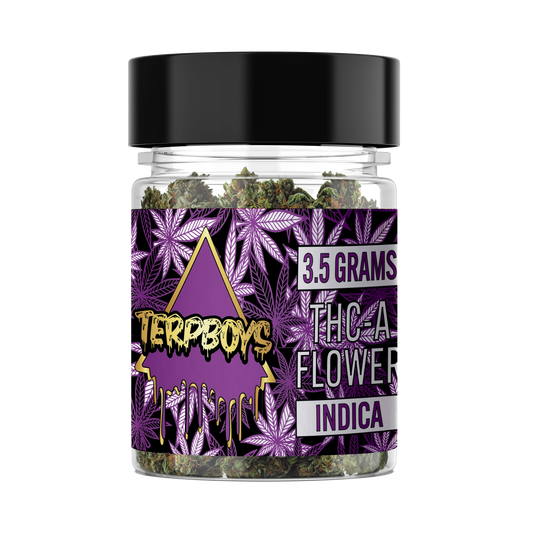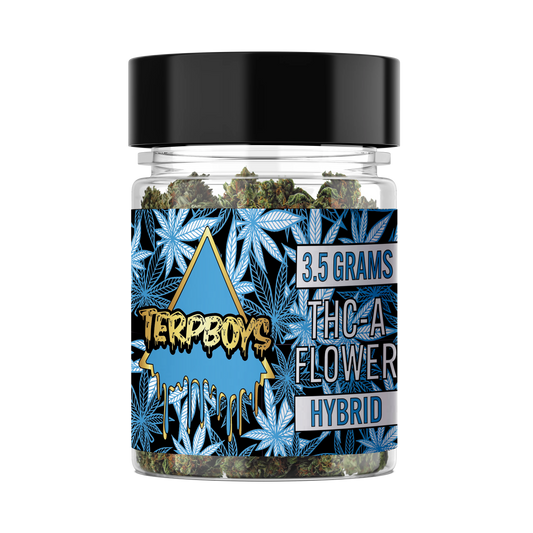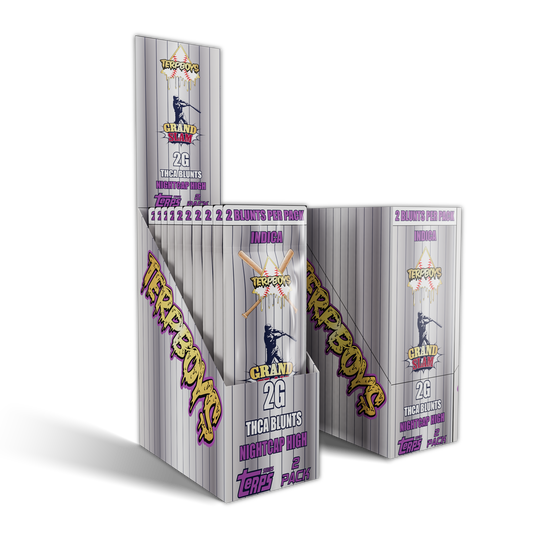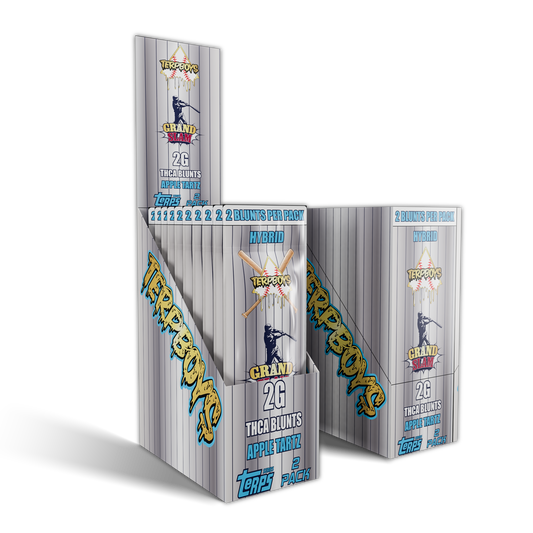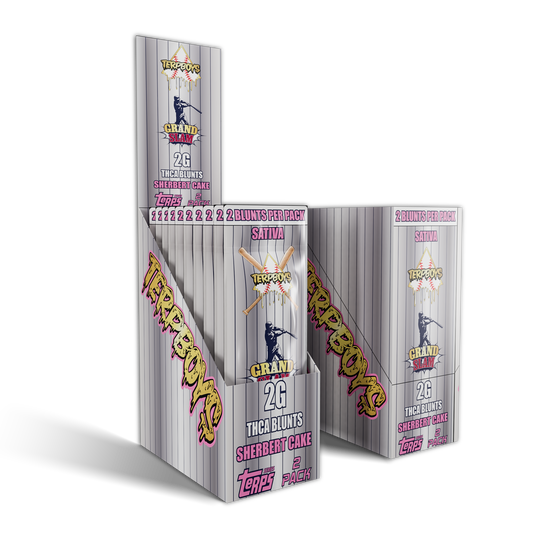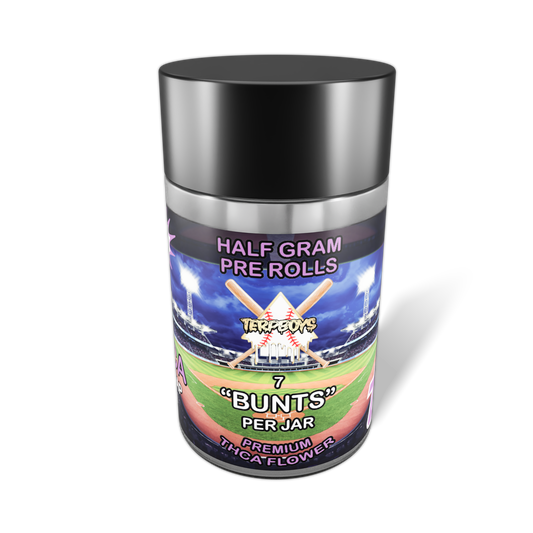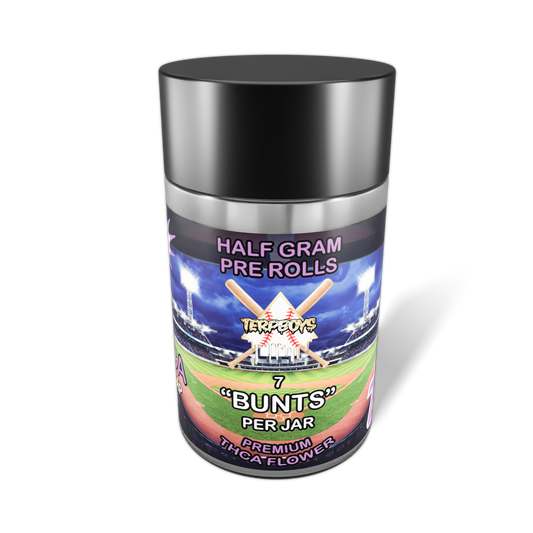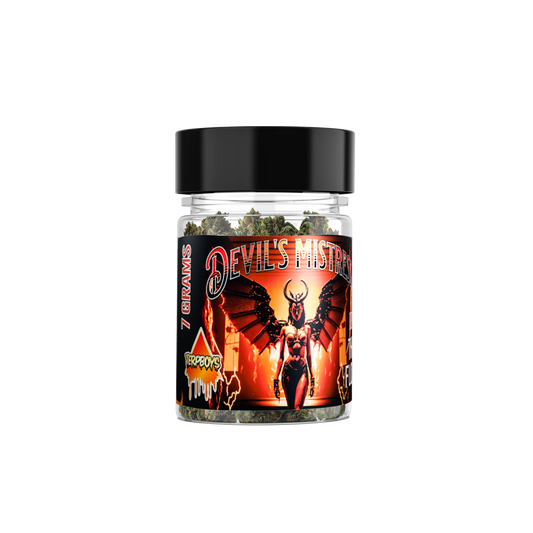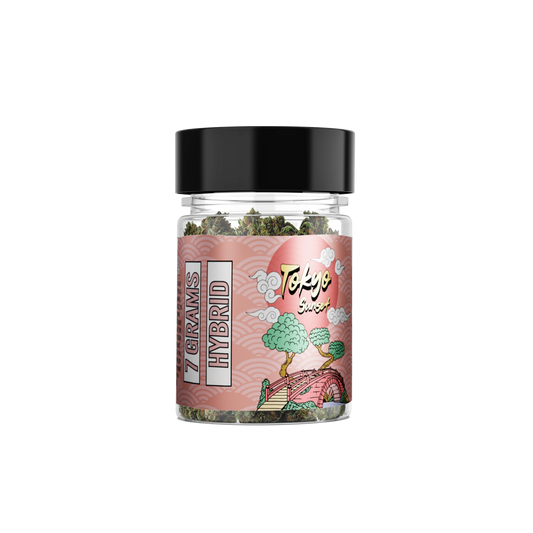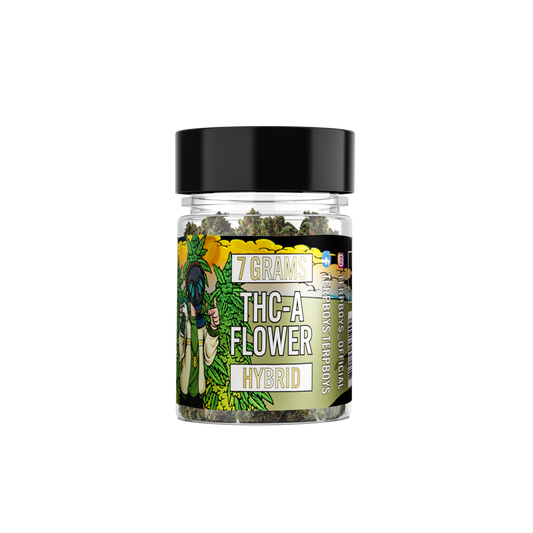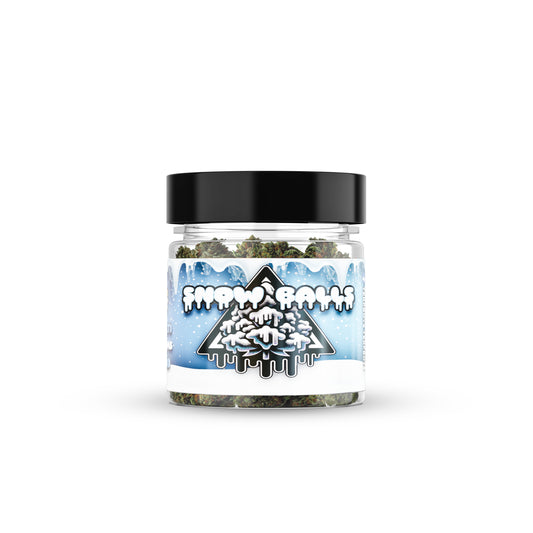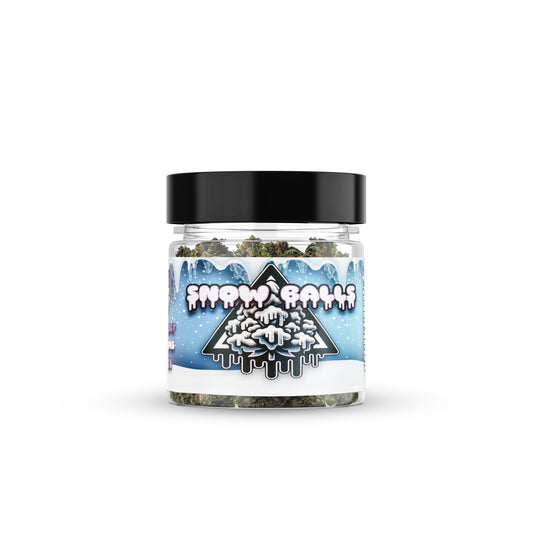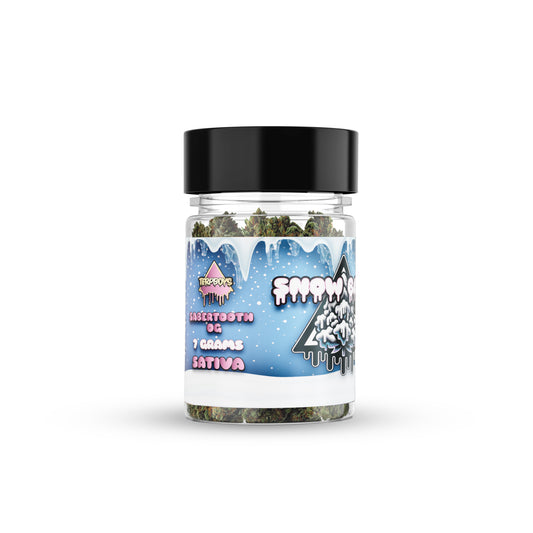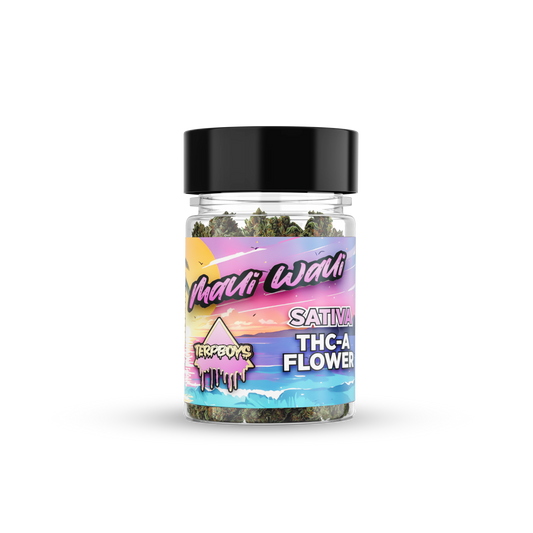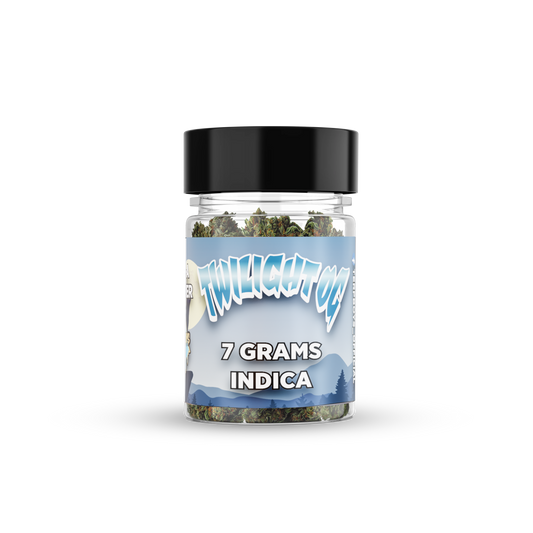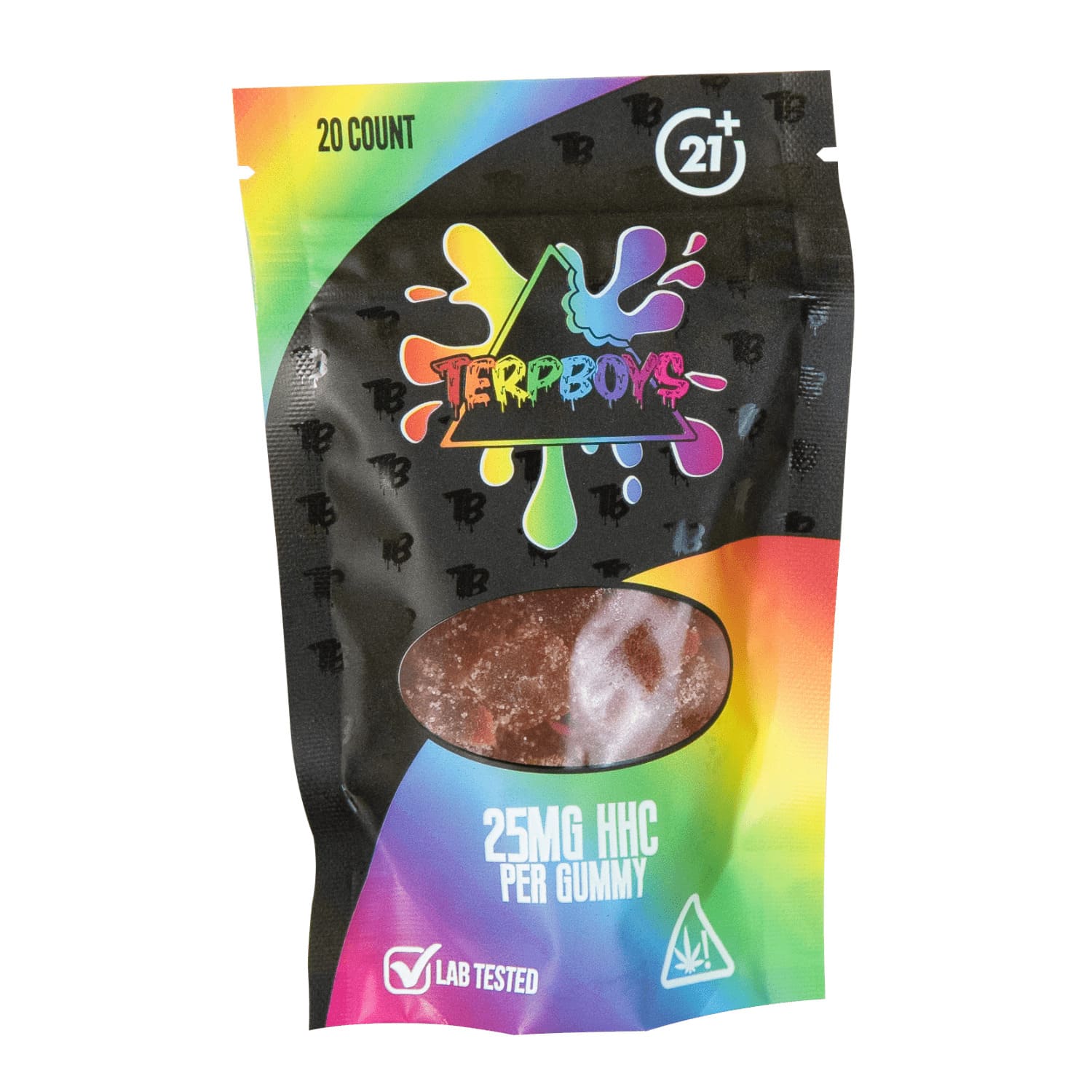Delta 8's Rise in Tennessee
Delta 8 THC has quickly become a major player in Tennessee's marketplace, mirroring its rapid ascent to popularity nationwide. In Tennessee, the state's Department of Agriculture stipulates that while manufacturers of live hemp products require licenses, retailers selling processed hemp products do not.
This regulation facilitates the widespread availability of delta 8 products in a variety of retail locations, including corner stores, gas stations, and smoke shops across the state.
However, the quality of delta 8 products can vary greatly. For the most reliable and safe experience, purchasing delta 8 products online from reputable suppliers is advisable. Nevertheless, it's still possible to find high-quality delta 8 products in brick-and-mortar stores.
When shopping for delta 8 in physical locations, consumers should be vigilant and knowledgeable about the products they choose to ensure they are getting safe and effective products.
How Tennessee's Laws Affect Delta 8 Availability and Use
Tennessee's legal framework plays a significant role in shaping the availability and use of Delta 8 THC within the state. The legal acceptance of Delta 8 THC under state law, aligned with federal regulations regarding hemp-derived products, has facilitated a burgeoning market for these products.
This legal backdrop allows for the sale and distribution of Delta 8 THC products without the stringent controls placed on marijuana-derived substances.
The specific legislation in Tennessee that impacts Delta 8 THC comes from the state’s alignment with the 2018 Farm Bill, which federally legalized hemp and all its derivatives, provided they contain no more than 0.3% THC.

In Tennessee, Senate Bill 357 effectively removed hemp from the state's controlled substances list, affirming the legality of Delta 8 as long as it adheres to the federal THC threshold. This legislative environment not only legitimizes but also boosts the Delta 8 market, providing clarity and security for both consumers and businesses.
Points to Understand About Delta 8's Legal Status in Tennessee:
-
Regulatory Clarity: Tennessee provides clear legal guidelines, which helps stabilize the Delta 8 market.
-
No License for Retailers: Retailers can sell Delta 8 products without a special license, increasing accessibility.
-
Manufacturer Regulations: Manufacturers must obtain licenses, ensuring product quality and safety.
-
Product Diversity: The legality encourages a wide range of Delta 8 products in the market.
-
Consumer Safety: Regulations aim to protect consumers from potentially unsafe products.
-
Legal Protection: Consumers and retailers enjoy legal protection for dealing with Delta 8 under state law.
-
Market Growth: The legal status has contributed to the rapid growth of the Delta 8 market in Tennessee.
Transporting Delta 8 Products to Tennessee: Guidelines and Benefits
Shipping Delta 8 products, like delta 8 gummies and delta 8 vapes, to Tennessee is perfectly legal, making it easy and convenient for consumers to obtain these products via online shopping. This legality stems from Tennessee’s acceptance of Delta 8 under state law, providing a robust framework for the interstate commerce of hemp-derived products.
Purchasing Delta 8 from online retailers is often seen as the safest and most convenient method to ensure access to quality and verified products.
The advantages of buying Delta 8 online include a broader selection of products and more comprehensive access to product information. Online platforms typically offer a wider range of Delta 8 items compared to physical stores, which may have limited shelf space and selection.

Additionally, online shopping allows consumers to effortlessly compare products, prices, and read detailed product descriptions and lab test results from the comfort of their homes.
This level of transparency is crucial for products that are not strictly regulated by the FDA, as it helps consumers make informed decisions based on the safety and quality of the products.
Key Points to Consider When Shipping Delta 8 to Tennessee:
-
Legal Ease: The clear legal status in Tennessee simplifies shipping across state lines.
-
Convenience: Online purchases deliver directly to your doorstep, enhancing shopping convenience.
-
Variety: A broader selection of products is available online than in physical stores.
-
Transparency: Online shops often provide detailed product descriptions and lab results.
-
Educated Choices: Access to extensive product reviews and comparisons online.
-
Safety First: The ability to verify product purity and compliance through third-party lab testing.
-
Consumer Confidence: Shopping online can offer additional buyer protections and customer service.
These points illustrate the benefits and guidelines for shipping Delta 8 products to and from Tennessee, highlighting the convenience and safety of online purchasing options for consumers.
Comparison Table: Online vs. In-Person Shopping for Delta 8 in Tennessee
| Aspect |
Online Shopping |
In-Person Shopping |
| Variety |
Extensive selection of products |
Limited by store size and inventory |
| Convenience |
Delivered to your door |
Requires travel to store |
| Transparency |
Detailed product info and lab results |
Varies by store |
| Safety Checks |
Easier access to third-party lab tests |
Less consistent |
| Customer Reviews |
Read reviews before purchase |
Limited feedback opportunities |
| Educational Info |
Ample product descriptions and comparisons |
Less detailed product info |
| Pricing |
Competitive pricing and easier comparisons |
May face higher retail markups
|
Medical Cannabis vs. Delta 8 in Tennessee
While Tennessee recognizes the legality of medicinal marijuana in theory, practical application and accessibility remain in developmental stages. Currently, the state imposes stringent penalties for marijuana-related offenses.
For instance, possession of marijuana is treated as a misdemeanor, with potential imprisonment of nearly a year and fines up to $2,500. Cultivating even a small number of cannabis plants is considered a felony, carrying a prison sentence ranging from one to six years.
Despite some local efforts in major cities like Memphis and Nashville to decriminalize minor cannabis possession through ordinances in 2016, these were overridden by state legislation enforced by the then-governor, reaffirming the supremacy of state law over local decisions. This legislative action emphasizes the ongoing restrictions and the slow progression toward functional medical cannabis usage in the state.

In contrast, Delta 8 THC, derived from legally recognized hemp, is freely available in Tennessee and provides a legal alternative to marijuana-based products. The psychoactive effects of Delta 8 have made it a popular choice, underlining its robust presence in the local market. Delta 8's legality ensures it is a more accessible option for those seeking similar benefits to those offered by medical marijuana.
As medical marijuana laws continue to evolve, Delta 8 remains a readily obtainable substance across Tennessee. For those interested in purchasing Delta 8 products, they are widely available throughout the state, ensuring that residents have a consistent and legal means to access the therapeutic effects of cannabis.
Here are a few noteworthy places to find Delta 8 in Tennessee:
-
Extensive Retail Availability: From local health stores to vape shops.
-
Online Options: Offering a wider variety, competitive prices, and detailed product information.
-
Specialty Cannabis Stores: These often provide higher quality and lab-tested products.
-
Community Markets: Sometimes feature local hemp producers who offer Delta 8 items.
Considerations for Purchasing Delta 8 in Tennessee
When buying delta 8 THC in Tennessee, it's crucial to recognize that the product isn't regulated by the FDA, meaning there aren't strict federal guidelines outside of those outlined in the Farm Bill, which caps THC levels in hemp-derived products at 0.3%. Given this lack of regulation, placing trust in your delta 8 supplier is essential. Here’s what to consider when selecting both the retailer and the product:
Avoid Bleached Products
Authentic hemp distillate is not perfectly clear but tends to have a yellowish or pinkish hue. Be wary of products that appear crystal clear, like nail polish, as they might have been bleached. Bleaching adds harmful chemicals to the product, posing unnecessary risks to your health. Always choose delta 8 products that maintain their natural appearance.
Understand Your Hemp Source
Top-notch delta 8 begins with high-quality industrial hemp. It’s important that the delta 8 is extracted from hemp, not marijuana, to comply with legal standards. Additionally, since hemp plants are excellent at absorbing substances from their surroundings, opt for organic, non-GMO hemp cultivated in the U.S. This minimizes the risk of contaminants. Research the cultivation practices of the growers; if they use pesticides or harsh chemicals, it’s best to look for another source.
Demand Lab Testing
Despite the lack of regulatory oversight, reputable delta 8 manufacturers will have their products tested by third-party labs. These lab reports are crucial as they verify the delta 8 product's potency and check for contaminants. Always ensure that these lab results are accessible before making a purchase, as they provide a clear indication of product safety and quality.
Extraction Techniques
The extraction process used to isolate delta 8 from hemp is another vital factor. CO2 extraction is considered the industry's gold standard. This method, which is quite costly, involves using pressurized carbon dioxide to extract cannabinoids at high pressures and does not involve solvents, making it the safest and cleanest available method.
Growth of Tennessee's Cannabis Market Amid Delta 8 and Medical Marijuana Trends
The medical marijuana industry has seen significant growth nationwide, with medical use legalized in 39 states and Washington DC. However, obtaining medical marijuana can be considerably more complex compared to accessing hemp-derived cannabinoids like delta 8, particularly in Tennessee.
Tennessee's Restrictive Medical Cannabis Regulations
In Tennessee, while there are medical cannabis laws in place, they are notably stringent. The state passed Senate Bill 118 in 2021, which established the Tennessee Medical Cannabis Commission.
This body was tasked with studying cannabis for medical purposes and evaluating its potential as a treatment option. The bill also broadened the scope of conditions eligible for medical marijuana use and increased the permissible THC content to 0.9%.
Despite a comprehensive report in early 2022 from the Tennessee Medical Cannabis Commission suggesting enhancements to SB 118, these recommendations have yet to be adopted by the General Assembly.
Obtaining Medical Marijuana in Tennessee
To qualify for medical marijuana in Tennessee, individuals must:
- Be diagnosed with a recognized qualifying condition.
- Obtain an official prescription from a certified Tennessee-based doctor.
- Provide proof of residency in Tennessee.
Qualifying Conditions for Medical Cannabis in Tennessee
The conditions that qualify for a medical marijuana card in Tennessee include:
- Alzheimer’s disease
- ALS (Amyotrophic Lateral Sclerosis)
- Cancer (specifically at end-stage or when treatment causes severe symptoms like nausea or pain)
- Inflammatory Bowel Disease (IBD)
- Epilepsy or other seizure disorders
- Multiple sclerosis (MS)
- Parkinson’s disease
- HIV/AIDS
- Sickle cell disease
As the legislation is relatively new and the infrastructure for medical cannabis is still being developed, there are currently no operational dispensaries authorized to sell medical cannabis in Tennessee, and the patient registration process is ongoing.
Future Steps for Medical Marijuana Patients in Tennessee
Once the system is fully operational, individuals diagnosed with a qualifying condition will be able to apply for a medical marijuana card. The process will likely require:
- A detailed application form.
- A physician’s certification.
- A valid state-issued ID.
- A fee payable to the healthcare provider
Delta 8 Legality in Tennessee vs. Other States
Delta 8 THC has gained notable attention due to its legal status, which often resides in a gray area due to variations in state laws. In Tennessee, Delta 8 THC is legal.
The state follows the federal guidelines established by the 2018 Farm Bill, which legalized hemp and all hemp-derived cannabinoids, including Delta 8 THC, provided they contain no more than 0.3% Delta 9 THC on a dry weight basis. This makes Tennessee a more lenient state regarding Delta 8 THC compared to others that have explicitly banned or restricted the substance.
In contrast, the legality of Delta 8 varies significantly across the United States, influenced by individual state policies and interpretations of federal laws. States like Alaska, Arizona, Arkansas, Colorado, Delaware, Idaho, Iowa, Mississippi, Montana, Rhode Island, and Utah have specific regulations that ban or restrict the use of Delta 8. These bans arise from concerns about the safety, regulation, and intoxicating nature of Delta 8 products.
Conversely, states such as Michigan, Nevada, and Oregon not only allow the sale of Delta 8 but have also established regulatory frameworks to ensure the safety and quality of Delta 8 products within their jurisdictions. These frameworks often include rigorous testing requirements, licensing, and purity standards, ensuring consumer protection.
| State |
Legal Status of Delta 8 THC |
Notes |
| Tennessee |
Legal |
Follows the 2018 Farm Bill guidelines |
| Alaska |
Illegal |
State bans all forms of THC |
| Arizona |
Illegal |
Classified as a controlled substance |
| Arkansas |
Illegal |
Includes Delta 8 in controlled substances |
| Colorado |
Illegal |
Bans all psychoactive synthetics |
| Delaware |
Illegal |
Controlled substance restrictions |
| Idaho |
Illegal |
No THC is allowed |
| Iowa |
Illegal |
Classified under controlled substances |
| Mississippi |
Illegal |
Delta 8 explicitly banned |
| Montana |
Illegal |
Prohibits all forms of THC |
| Rhode Island |
Illegal |
Includes Delta 8 in controlled substances |
| Utah |
Illegal |
Controlled substances act includes Delta 8 |
| Michigan |
Legal |
Regulated under state laws |
| Nevada |
Legal |
Subject to state cannabis regulations |
| Oregon |
Legal |
Comprehensive regulatory framework |
Are Other Hemp-Derived Cannabinoids Legal in Tennessee?
In Tennessee, the legality of hemp-derived cannabinoids, other than Delta 9 and Delta 8 THC, generally aligns with federal standards set by the 2018 Farm Bill. This legislation legalized hemp and all its derivatives, provided that the THC content does not exceed 0.3% on a dry weight basis. As a result, a wide array of hemp-derived cannabinoids such as CBD, CBG, and CBN, among others, are legally available in Tennessee.
Federal Influence and State Compliance
The federal distinction between hemp and marijuana—cannabis plants with less than 0.3% THC are classified as hemp—is crucial. Tennessee has adopted this definition, which has allowed the legal sale and possession of hemp-derived products. The state's laws specifically exempt hemp from the legal definition of marijuana, thereby legalizing all cannabinoids derived from hemp, so long as they adhere to the THC threshold.
State Regulation of Hemp Products
While Tennessee does not heavily regulate the specifics of each cannabinoid beyond THC, the state requires manufacturers and retailers of hemp-derived products to comply with general safety and labeling standards. This ensures that all products on the market are not only legal but also safe for consumer use. Tennessee's Department of Agriculture oversees the regulation of hemp cultivation and processing, focusing on maintaining high standards across the industry.
Consumer Considerations
For consumers in Tennessee, this means access to a variety of hemp-derived products. From wellness supplements to cosmetic products, the range of available items is broad, catering to different needs and preferences. It’s important for consumers to verify that products are compliant with state regulations, particularly concerning THC content and product labeling.
Legal Implications for Businesses
Businesses dealing with hemp-derived cannabinoids must ensure they are operating within legal boundaries. This includes securing appropriate licenses for cultivation and adhering to state guidelines for product sales. Compliance with these regulations not only protects businesses from legal repercussions but also assures customers of product integrity.
Conclusion
In conclusion, Delta 8 THC is legal in Tennessee, adhering to the guidelines set forth by the 2018 Farm Bill, which permits hemp-derived cannabinoids as long as they contain no more than 0.3% Delta 9 THC. This legality provides Tennessee residents and businesses the opportunity to explore and benefit from Delta 8 products. However, given the varied legal landscape across the country, it's essential for consumers to stay informed about the laws in their specific state to navigate the complexities surrounding Delta 8 THC safely and legally.
FAQs
Most retailers require customers to be at least 21 years old to purchase Delta 8 products.
Yes, you can travel with Delta 8 within Tennessee, as it is legal across the state.
There are no state-specific restrictions; however, all products must comply with the 0.3% Delta 9 THC federal limit.
No, a prescription is not required to buy Delta 8 products in Tennessee.
Yes, Delta 8 products can be legally shipped to Tennessee from states where it is legal to sell and ship such products.
Look for products that provide third-party lab testing results to ensure quality and compliance with legal standards.
While Delta 8 is legal in Tennessee, federal lands follow federal laws which might not recognize Delta 8’s legality. It’s best to avoid possessing Delta 8 on federal properties.
Yes, but you must be licensed under the Tennessee hemp program to legally grow hemp for any purpose, including Delta 8 production.
